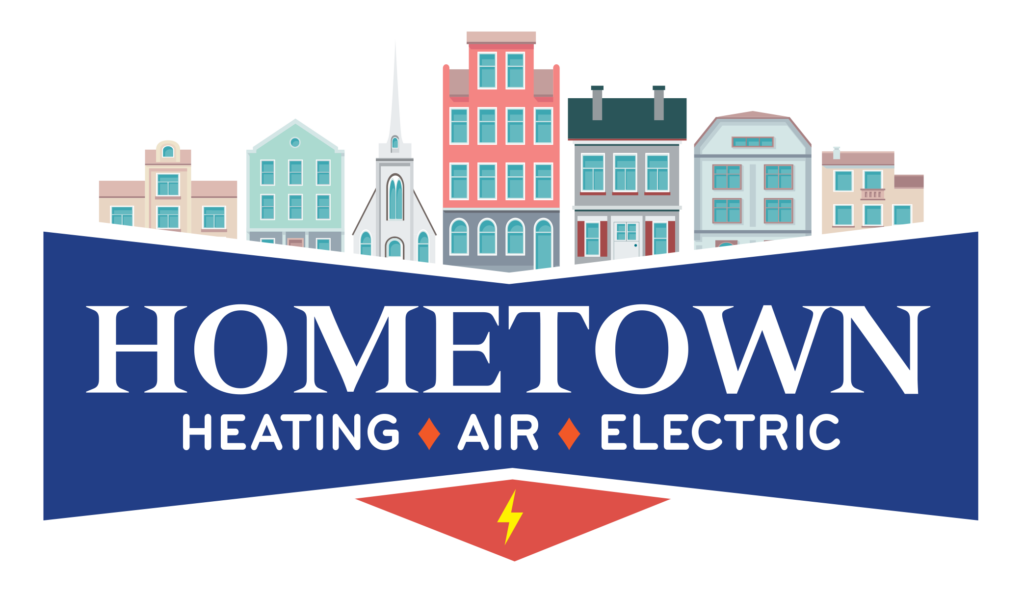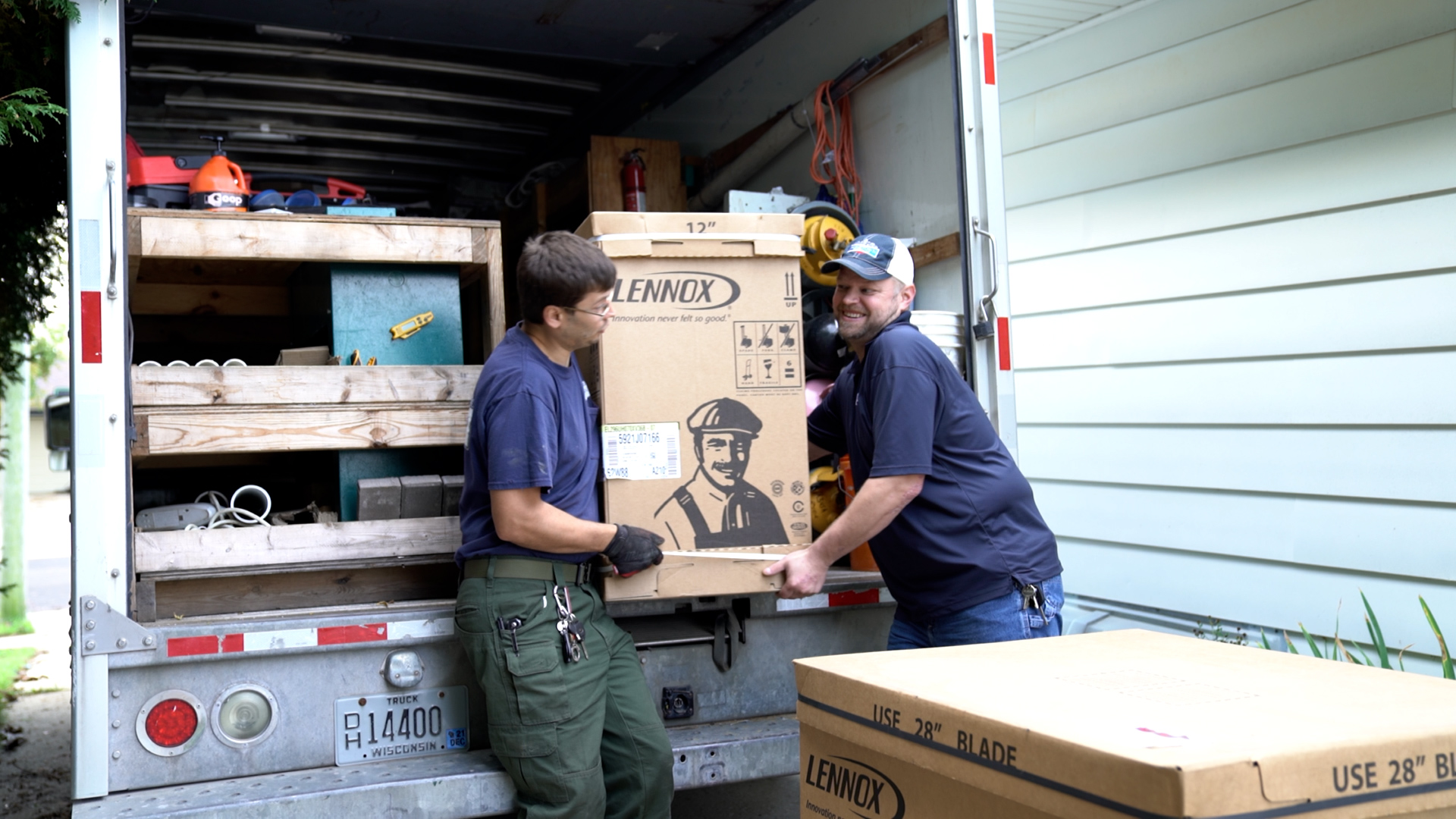As spring turns to summer, prepping your cooling system will help keep your family comfortable during the hottest days. With a few thoughtful measures, you can easily prepare your air conditioning unit for peak efficiency when it’s time to turn up the thermostat and cool off indoors. From preventative maintenance checks to tweaking settings on your thermostat, there are plenty of steps you can take right now that will have great results in comfort and energy savings this summer. Here are seven tips to help you get your cooling system ready for summer.
1. Clean and Change Filters
When filters become clogged or dirty, it can affect air circulation and cause breakdowns or necessitate repairs. To prevent these inconvenient and expensive outcomes, set aside time to properly maintain your cooling system by cleaning any dust that’s built up on fans and coils as well as changing air filters. This small investment in regular maintenance can mean significant financial and comfort gains throughout the year. HVAC experts like those at [company_name] can help you get your filters cleaned or replaced.
2. Check Refrigerant Levels
Refrigerant is an essential component of air conditioning systems, as it aids cooling by absorbing the required heat. Low refrigerant levels in your cooling system can reduce its efficiency and cause damage over time. Checking your system’s refrigerant levels will ensure that all components function correctly. Further, it can help to prevent potential damage or malfunctions in the long run. To ensure that your refrigerant levels are where they should be, get them checked by a professional technician before each season begins.
3. Inspect Electrical Connections
Ensure all the electrical connections on your cooling system are tight and secure, as loose connections can lead to overheating, which can cause severe damage to the unit. Keeping essential parts such as compressors, fans, and motors in good working order increases your unit’s efficiency and extends its serviceable life. Checking for loose or corroded cables and terminals will ensure that all necessary current is securely making it to each component. If any issues are identified, have HVAC technicians address them before turning on the unit.
4. Schedule HVAC Maintenance
Scheduling regular HVAC maintenance can reduce the chances of costly repairs and keep your cooling system running smoothly. Maintenance visits are a great way to ensure your AC unit is functioning correctly. It an also help you catch an issue before it causes any service disruption or escalates repair costs. In addition, routine maintenance allows for timely checkups that can identify energy-consuming issues, reducing energy bills from month to month. Don’t wait until something goes wrong. Instead, book a periodic maintenance checkup with [company_name] to ensure your cooling system weathers against the seasonal elements without any unnecessary stress.
5. Check Ductwork
Ductwork should also be inspected regularly for any obstructions, such as dust buildup or mold growth, that could impede airflow throughout your home when running an AC unit. Check for visible insulation damage, and then make sure there are no blockages that could reduce airflow efficiency. The cooled air can be lost instead of circulated throughout the house if your ducts aren’t properly sealed. Other problems that should be addressed include cracks, disconnected parts, and weak insulation. A professional technician can identify if there’s an issue with ductwork and advise solutions accordingly.
6. Inspect Insulation Around Outdoor Components
Inspecting insulation around outdoor components helps keep excess heat away from more sensitive parts like condenser coils, improving overall efficiency when running an AC unit during the warmer months. This includes ensuring adequate insulation between indoor walls and exterior components and checking seals on windows near outdoor units for gaps or drafts that could let unwanted heat into interior spaces.
7. Check the Condensate Drains and Coils
Condensate drains remove moisture that builds up in an air conditioner, while coils transfer heat between two mediums in a heating and cooling system. To prepare your cooling system for seasonal changes, regularly check the condensate drains and coils. This will help prevent clogs and ensure the system runs safely and efficiently. Condensate should be checked for dirt, blockages, and insect infestations. Coils should be vacuumed out of dust and debris buildup while testing electrical connections to see if they’re functioning correctly.
Rely on the Experts
Preparing your cooling system for seasonal changes is integral to maintaining its effectiveness and saving money on utility bills in the long run. By following these tips, you can ensure that your cooling system runs smoothly all year so that you don’t have any surprises come summertime.
Our team will happily schedule maintenance for your system in preparation for seasonal changes. We offer comprehensive heating, cooling, and electrical services in Cedarburg, WI and the neighboring communities, including Ozaukee, Waukesha, and Milwaukee counties. Some of the services we provide include installing, repairing, and maintaining heating systems, air conditioners, ductless mini-splits, ductwork, and thermostats. Contact [company_name] today for exceptional HVAC and electrical solutions.


